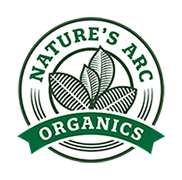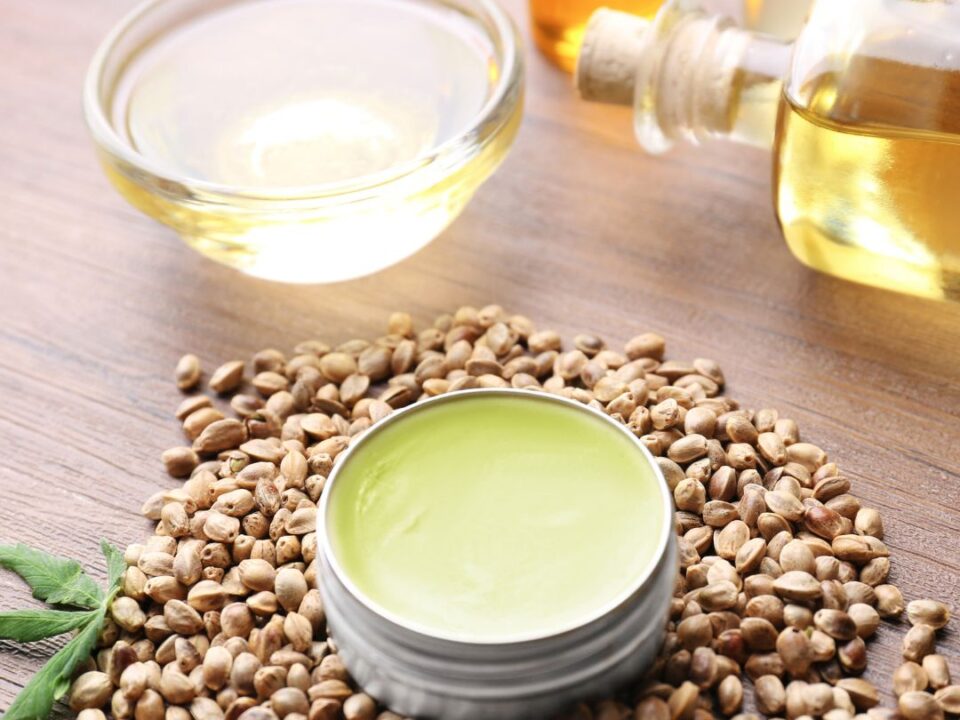
What is COQ10? Coenzyme Q10 (COQ10) is an essential element for many daily functions. It is required by every cell in the body.
As an antioxidant that protects cells from the effects of aging, CoQ10 has been used in medical practices for decades.
Although we do create some of our own coenzyme Q10, there are still advantages to consuming more and lack of CoQ10 is associated with the damaging effects of oxidative stress. CoQ10 deficiency is thought to be linked with many conditions.
What Is CoQ10?
The name may not sound very natural, but coenzyme Q10 is in fact an essential nutrient that works as an antioxidant in the body. In its active form, it’s called ubiquinone or ubiquinol.
Coenzyme Q10 is present in the human body at the highest levels in the heart, liver, kidneys, and pancreas. It is stored in the mitochondria of your cells, often called the cells’ “powerhouse,” which is why it is involved in energy production.
What is CoQ10 good for? It is used for important functions such as supplying cells with energy, transporting electrons, and helping regulate blood pressure levels.
While humans make some CoQ10, CoQ10 supplements are also available in various forms including capsules and tablets.
How CoQ10 Works
To sustain enough energy to perform normal bodily functions, mitochondria take fat and other nutrients and turn them into usable sources of energy. This conversion process requires the presence of CoQ10. Coenzyme Q10 is not only necessary for producing cellular energy but also for defending cells from damage caused by harmful free radicals.
Coenzyme Q10 can exist in three different oxidation states, and the ability in some forms to accept and donate electrons is a critical feature in its biochemical functions that cancel out free radical damage.
As a powerful antioxidant, Coenzyme Q10 can increase absorption of other essential nutrients. It’s been shown that COQ10 may help recycle vitamin C and vitamin E, further maximizing their effects.
Should I Take a CoQ10 Supplement?
Who needs to take CoQ10? CoQ10 production naturally declines as we age past about 40 years old — just when we need our cells to help defend us most. This means older adults and those looking for help to age gracefully may wish to supplement with it.
CoQ10 Deficiency
Some contributing factors to CoQ10 deficiency/low levels, besides aging and genetic defects, are believed to include:
- Having chronic diseases, such as diabetes, cancer, and congestive heart failure
- High levels of oxidative stress
- Nutritional deficiencies in B vitamins
Rarely, a person may suffer from “primary coenzyme Q10 deficiency,” which is a genetic defect that stops the body from properly synthesizing this compound. For these individuals, supplementing with CoQ10 is typically needed to help reverse brain- and muscle-related symptoms.
Benefits
-
Sustains Natural Energy
CoQ10 plays a role in the conversion of raw energy from foods (carbohydrates and fats) into the form of energy that our cells use. One of its roles is to accept electrons during fatty acid and glucose metabolism and then transfer them to electron acceptors. CoQ10 may even reduce fatigue related to exercise.
-
Reduces Free Radical Damage
As both a water and fat-soluble antioxidant, CoQ10 has been found to inhibit lipid peroxidation, which occurs when cell membranes and low-density lipoproteins are exposed to oxidizing conditions that enter from outside the body.
One way this might be especially effective is that CoQ10 may help protect from some oxidative stress caused by insulin resistance and related to diabetes. Results are mixed on its effects on blood sugar, however.
-
Can Improve Heart Health and Offset Effects of Statin Drugs
Although experts feel that additional well-controlled clinical trials are still needed to prove its effects, CoQ10 has strong potential for the prevention and treatment of heart ailments. It does this due to its ability to improve cellular bioenergetics or act as an antioxidant and boost free radical scavenging abilities.
What we do know is that CoQ10 supplementation may be useful for those taking statins and for people with high cholesterol. This is because of its cholesterol-lowering effects.
Coenzyme Q10 may help reduce low-density lipoprotein (LDL) cholesterol and total cholesterol levels in some populations, including people with diabetes.
It may also help lower the side effects that statin medications can often cause, including fatigue. Statins are used to reduce an enzyme in the liver that not only decreases the production of cholesterol but also further lowers the natural production of CoQ10.
-
Slows Down Effects of Aging
Researchers believe COQ10 may help slow down the age-related increase in DNA damage that naturally affects us all. Possible anti-aging benefits of consuming more CoQ10 include:
- Protection of the heart against stress-related aging.
- Protection of skeletal muscle genetic structure
- Increased activity of antioxidants to protect cell membranes throughout the body from free radical damage.
- Reduced UV skin damage and signs of skin aging, such as wrinkles and loss of elasticity
-
May Protect Cognitive Health
In those with cognitive impairments, such as Parkinson’s disease, increased oxidative stress in a part of the brain is thought to contribute to symptoms.
CoQ10 has been shown to aid with decreases in the activity of mitochondrial electron transport chains that affect nerve channels and brain function, and studies show that people with cognitive disorders tend to have reduced levels of CoQ10 in their blood.
COQ10 Foods
COQ10 is found naturally in our diets from foods, including fish, liver, kidney, and the germs of whole grains.
The richest natural sources of dietary COQ10 are meat, poultry, and fish, but vegetarian options, such as beans, nuts, some vegetables, eggs, and dairy products, are also helpful for increasing your intake.
Some of the best foods for supplying CoQ10 include:
- Beef
- Chicken
- Rainbow trout
- Sesame seeds
- Pistachio nuts
- Broccoli
- Cauliflower
- Oranges
- Strawberries
- Eggs
- Mackerel
- Organ meats, like giblets and liver
Currently, there is no specific dietary intake recommendation for CoQ10 established by the Institute of Medicine or other agencies.
Because it’s a fat-soluble antioxidant, it’s most easily absorbed when consumed with a small amount of healthy fats like vitamins E and A.
Although it can be obtained from certain foods, foods tend to only supply low doses, which is exactly why many experts recommend supplementing if you’re older or have a condition that may benefit from CoQ10 supplementation.
Symptoms of deficiency have not been widely reported or studied in much detail in the general population. It’s estimated that the average person’s diet contributes around 25 percent of total CoQ10.
The best way to obtain enough is to eat a varied, nutrient-dense diet – plus to consider supplementing if it makes sense for your individual situation.
Risks and Side Effects
What are the risks of taking CoQ10? Although it is considered to be very safe overall and has been used in the medical field for many years, CoQ10 side effects may still affect some people.
The potential CoQ10 side effects can include:
- Diarrhea
- Nausea
- Heartburn
- Upper abdominal pain
- Loss of appetite
- Headaches
- Insomnia
- Rashes
- Fatigue
- Dizziness
- Light sensitivity
- Irritability
Always read the dosage labels on your coenzyme Q10 supplements, and stick to them unless instructed otherwise by your health care professional.
Who should not take CoQ10? If you’re pregnant or breastfeeding, it’s best not to take CoQ10 supplements, since it’s not clear whether or not they’re safe in these cases.
Final Thoughts
- CoQ10 is a natural substance found in the body and certain foods that can help fight oxidative stress and prevent tissue damage.
- The top benefits of CoQ10 include having cholesterol-lowering effects, sustaining natural energy, improving heart and brain health, and slowing signs of skin aging.
- Coenzyme Q10 is produced by the body naturally and is also found in small amounts in some foods. CoQ10 foods include meat, fish, nuts, seeds, veggies, and eggs.
“These statements have not been evaluated by the Food and Drug Administration. This product is not intended to diagnose, treat, cure, or prevent any disease.”




